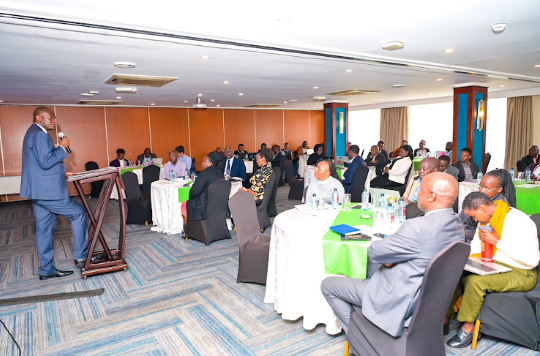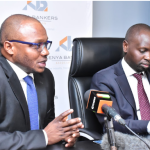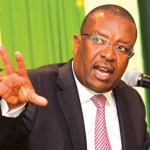Kenya is set to receive support from a Sh2 billion fund being assembled by donors to combat the spread of Mpox. The World Health Organization has indicated an urgent need for at least $15 million (approximately Sh1.9 billion) to fund surveillance, preparedness, and response efforts.
“We have released about $1.5 million (about Sh193.5 million) from the WHO Contingency Fund for Emergencies and we plan to release more in the coming days. We are also appealing to donors to fund the rest of the response plan,” WHO director general Tedros Adhanom said.
So far, only one Kenyan, who has since recovered, has tested positive for Mpox. However, experts suspect that there are more untested cases.
Most individuals with Mpox develop a rash and recover without treatment within a few weeks. In rare instances, the disease can become severe and even fatal.
On Wednesday, the World Health Organization (WHO) declared the increasing spread of Mpox in Africa a global health emergency, cautioning that a more dangerous strain of the virus could spread internationally. Dr. Tedros reported over 14,000 cases and 524 deaths in Africa this year, surpassing last year’s figures.
“The WHO has been actively addressing the Mpox outbreak in Africa and raising awareness about its significance,” he said.
In the past month, over 100 laboratory-confirmed cases of the deadly clade 1b have been reported in Kenya, Burundi, Rwanda, and Uganda—countries that had not previously reported Mpox.
Experts believe that the actual number of cases is higher due to many clinically compatible cases remaining untested.
The funds being raised will help countries access vaccines and develop distribution strategies. Gavi, which provides vaccine subsidies to Kenya and other developing countries, noted that the WHO’s emergency declaration allows Gavi to reallocate funds to purchase Mpox vaccines and expedite approval for new ones.
“Gavi has accelerated engagement with manufacturers, including Bavarian Nordic, for potential direct procurement of Mpox vaccines in support of outbreak response,” Gavi said in a statement.
“WHO has recently announced that two vaccines are under consideration for Emergency Use Listing, and this is an important interim measure enabling partners to act now, in advance of the longer timeframe expected for WHO pre-qualification.”
Starting in 2026, Gavi plans to establish a global stockpile of Mpox vaccines, similar to its existing stockpiles for cholera, Ebola, meningitis, and yellow fever.
The Ministry of Health confirmed Kenya’s first Mpox case on July 29. The patient, a 42-year-old long-distance truck driver, presented symptoms at the Taita Taveta border post after traveling from Kampala to Mombasa on July 12.
At the time of diagnosis, he was en route to Rwanda through Tanzania via the Taveta One Stop Border Point.
The World Health Organization reported that genomic sequencing identified the case as Clade Ib. No deaths were reported as of August 8, and the patient has since recovered.
On Monday, Director General for Health Patrick Amoth convened a crisis meeting with various officials at the Health Ministry to develop a plan to prevent a broader outbreak.
The ministry’s statement outlined key measures, including rapid laboratory testing, community engagement, infection prevention and control, and comprehensive case management.



